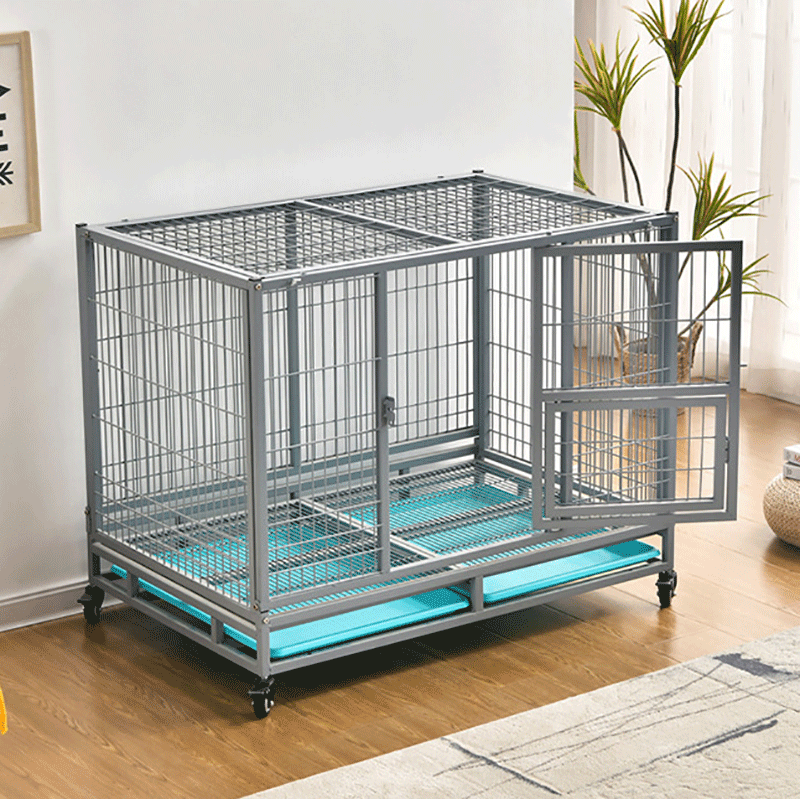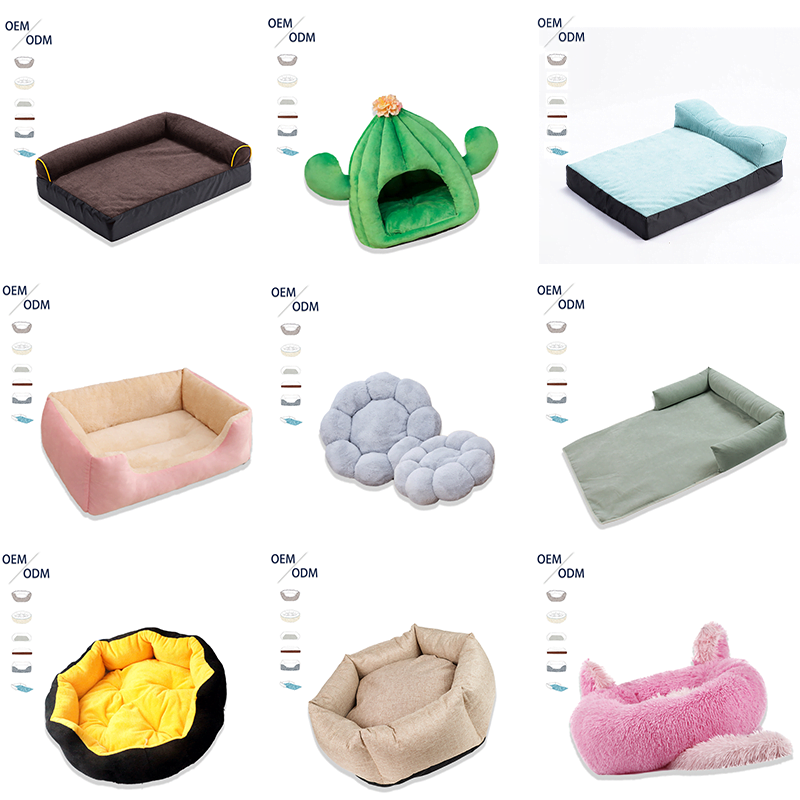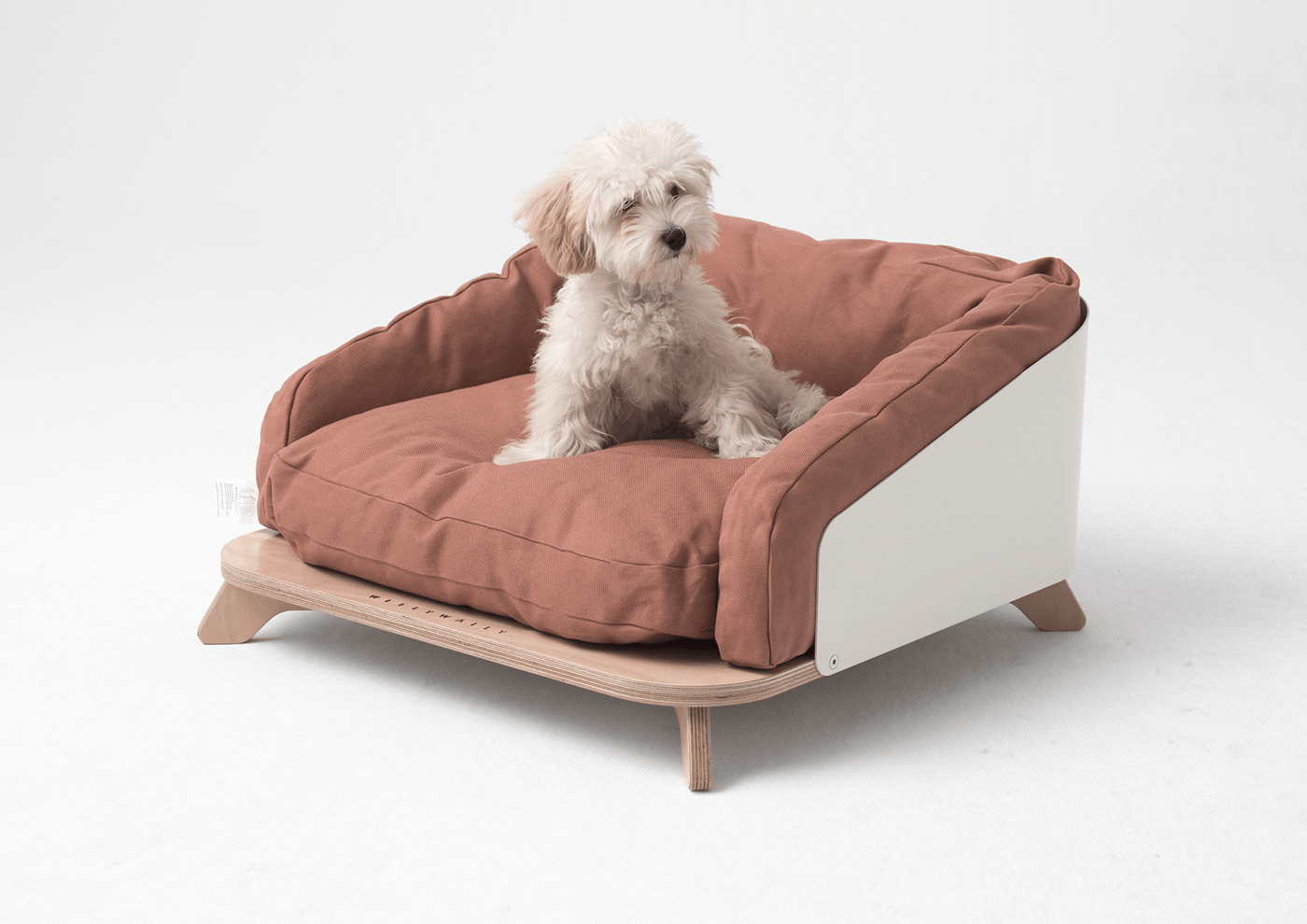You have probably noticed this behavior where your dog digs in bed furiously before settling down to rest. They create a mess, then sigh and lie down comfortably. This behavior can be quite puzzling. You may wonder why your dog digs in bed, which often relates to their instincts, comfort needs, and sometimes even behavioral issues.
Here are some common reasons why your dog might be digging in bed:
1. Instinctual Behavior
Dogs are descendants of wild canids like wolves and foxes, and they dig for various reasons. Digging is an instinctive behavior passed down through generations. Canines dig to create comfortable resting places, hide food, and find cool spots during hot weather. For instance, in the wild, dogs might use grass and leaves to make a nest, then dig and scratch to ensure comfort and check their surroundings. So, if your dog dog digs in bed, it might be expressing these primitive instincts. If you find this behavior problematic, consider using a dog crate for your pet, making it a dark, enclosed space that can provide a greater sense of security.
At Lynpet, we offer a variety of dog crates designed to meet different needs and preferences. Whether you’re looking for a standard crate or something more specialized, we have options to suit every dog and home. Additionally, if you have specific customization requests, our customer service team is here to help. We can work with you to create the perfect crate that provides your dog with a comfortable and secure environment. Don’t hesitate to reach out to us for more information or to discuss your custom requirements.

2. Comfort and Security
When your dog digs in bed, they may be trying to create a cozy and secure resting place. Dogs often rearrange their bedding to make it more comfortable, and your bed might seem like the ideal spot for them to nest. This behavior is similar to how humans behave when they sleep – we like to arrange our pillows and blankets just right. Some dogs may even dig out a hollow shape and curl up inside it, feeling safer with objects surrounding them. This behavior becomes more pronounced when dogs are anxious or nervous, as digging provides them with a sense of security and comfort.
When selecting a dog bed for a pup lacking security, prioritize size and shape for comfort, opting for beds with raised edges or supportive elements to enhance the enclosure. Choose soft, cozy materials and consider bed placement in areas where your dog feels most comfortable. At Lynpet, our beds offer customizable options, including shape, fabric, size, and filling. Our ultimate goal is to provide your furry friend with a bed that not only offers physical comfort but also emotional security.

3. Marking Territory
Dogs have scent glands on their paws, and digging on the bed is one way they mark territory. By scratching and digging in bed, dogs leave their scent, potentially claiming the space as their own. This behavior is more common in households with multiple pets, where territorial disputes may arise.
4. Boredom and Excess Energy
A dog that is bored or has excess energy may dig in bed as a form of entertainment. This behavior can be more common in high-energy breeds or in dogs that do not receive enough physical or mental stimulation. Providing your dog with sufficient exercise and interactive toys can help reduce this type of digging. Ensure your dog gets enough exercise and mental stimulation through walks, playtime, and interactive toys. This can help reduce excess energy and boredom.
At Lynpet, we offer a wide range of pet toys, including squeaky toys, chew toys, puzzle toys, and treat-dispensing toys, among others. These toys can help address behavioral issues by providing mental stimulation, physical exercise, and an outlet for instincts. By engaging your dog with appropriate toys, you can redirect their energy and prevent unwanted behaviors while promoting their overall well-being and happiness.
5. Seeking Attention
Sometimes dog digs in bed just to get your attention. If your dog notices that you react strongly when they dig in bed, either by scolding or trying to stop them, they may repeat the behavior to get your attention. More companionship from the owner may alleviate this problem, but if anxiety or stress is a trigger for your dog’s digging behavior, consider identifying and addressing the root cause. This may require changing their living environment, providing calming aids, or seeking advice from a veterinarian or animal behaviorist.
Understanding the reasons behind your dog’s digs in bed and addressing their needs can help create a harmonious living environment for both you and your furry friend. With patience and consistency, you can guide your dog toward more appropriate behaviors while maintaining a peaceful and tidy home.

